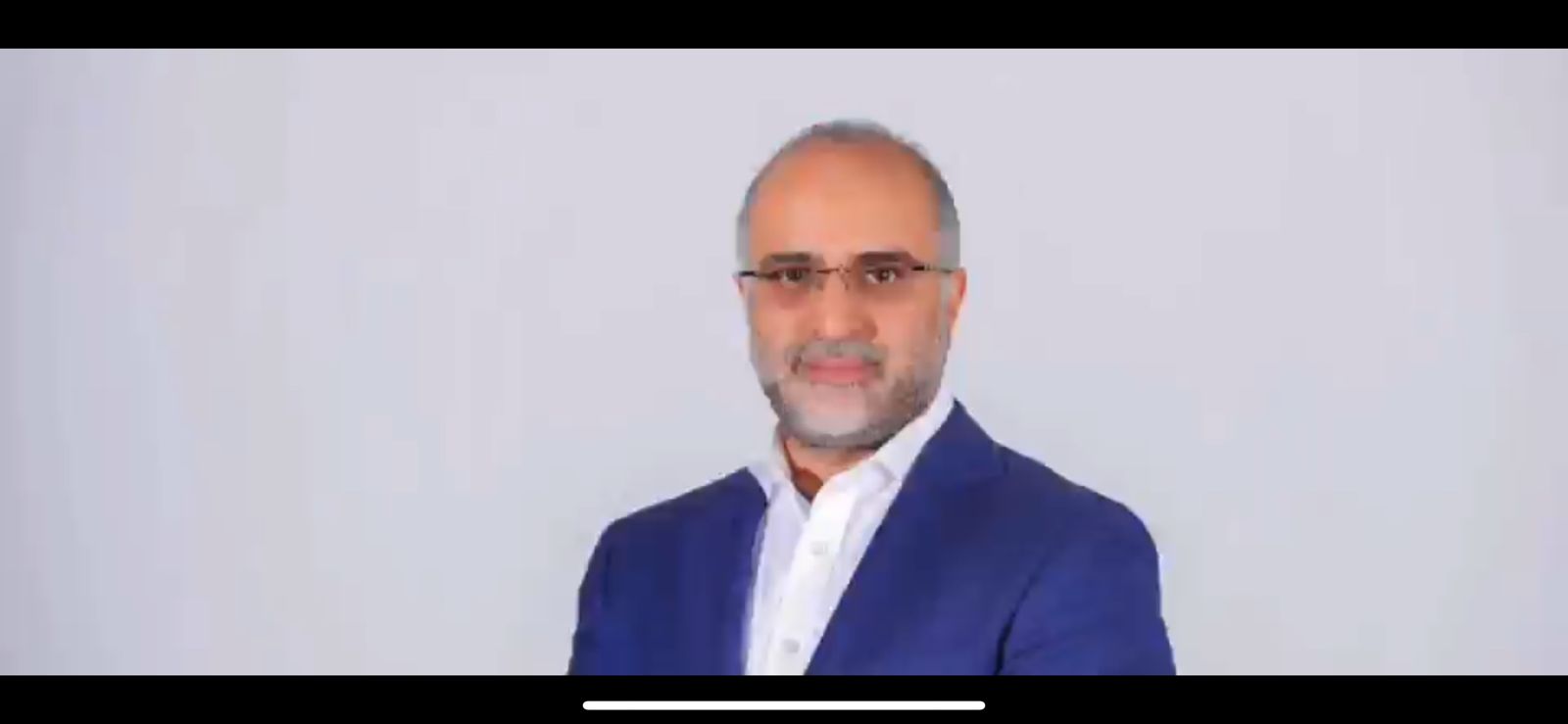A moral foundation for business in Islam
“God is ever watchful.”
“He knows not only your actions, but your intentions.”
“Nothing is hidden from his sight.”
These were among the first truths many of us absorbed as children, not from textbooks, but from the practiced faith of our elders. Long before formal study, we were reminded of dictums such as no deed is insignificant, no motive escapes notice.
In that remembrance, a moral architecture was built - quiet, steady, enduring: the architecture of accountability.
The modern business crisis: A vacuum of moral weight
In today’s business world, accountability is often reduced to technical compliance or financial oversight. The animating spirit - why we act, to whom we answer, and what our actions mean in a larger moral frame - has been hollowed out.
Many entrepreneurs begin with market logic: What sells? What scales? At best, the intent is to solve a problem. At worst, to only make a profit.
But profit without moral grounding is like motion without direction. A business that forgets its obligations - whether to people, the environment, or a higher purpose - risks devolving into mere manipulation. When this happens, the most vital component of enterprise - trust - begins to corrode.

A Qur’anic conception of accountability
The Islamic worldview holds that every action, whether visible or concealed, is subject to moral accountability.
The Qur’an reminds us:
“Every soul is held in pledge for what it has earned.” (74:38)
This applies no less to commercial activity than to private worship. In Islamic law, the human being is referred to as a mukallaf - a morally responsible agent. It is not a titular position but a state of being. It demands consciousness in every role we serve, as founders, investors, managers, or workers.
Every contract signed, every supply chain chosen, every pitch delivered - these are not neutral acts. They are moral events, echoing in - and recorded beyond - time.
It was said that ʿUmar ibn al-Khaṭṭāb (r), the second caliph, once remarked:
“If a lost sheep under my rule were to perish on the banks of the Euphrates, I fear I would be questioned about it by Allah.”
These were the words of a man who knew too well the heft of responsibility that he assumed.
Leadership, he understood, does not end at the edge of visibility. Responsibility includes second-order (i.e. downstream) consequences, even the ones no one sees but God.
So we must ask ourselves: What damage or distress, however remote or unintended, are entailed by our operations? If we outsource harm, does it cease to be ours?
Three dimensions of moral accountability
Islamic tradition speaks of accountability in three intertwined dimensions:
1. To God (ḥuqūq Allāh) - Are our dealings truthful, fair, and in alignment with divine limits?
2. To Creation (ḥuqūq al-ʿibād) - Are we honoring the rights of those who trust us - kith and kin, employees, customers, suppliers, neighbors, and the environment?
3. To the Self (nafs) - Are we preserving our own moral and spiritual integrity in the pursuit of our goals?
Without accountability across these dimensions, the soul of commerce disintegrates. What remains is transaction without meaning. A well-worn marketing pitch sums it most aptly: “Look them in the eye, tell them a lie, and watch them buy.”
Such a mindset reduces business to performance. But Islam calls us to something far greater: to sincerity, to stewardship, to truth.
The Mukallaf entrepreneur: Between power and responsibility
A business leader in Islam is not simply a strategist or an executor. He or she is a shepherd, entrusted with a flock - just as the Prophet ﷺ taught:
“Each of you is a shepherd, and each of you is accountable for his flock.” (Bukhārī and Muslim).
This means we must build institutions that remember, not just those that scale:
● Introduce ethical audits that examine moral impact, not just compliance.
● Develop decision-making cultures grounded in conscience, not just calculation.
● Conduct impact assessments that measure spiritual, human, and ecological outcomes - not just profit margins.
Rebuilding the moral infrastructure of enterprise
In earlier Islamic civilizations, business was embedded in a moral ecosystem: families, markets, guilds, and scholars all played a role in maintaining a collective assessment of right and wrong.
Today, these layers have thinned. Many of us operate in ethical solitude, surrounded by noise but starved of guidance.
All the more reason, then, that before we build a product, a brand, or a market, we build a sense of moral orientation. We must ask: “Have we grounded our business in accountability?”
Conclusion: Commerce as a sacred trust
Islam does not oppose commerce. It dignifies it, but when it is tied to truth, trust, and transcendence.
True success is not found in valuations or exits, but in what our work says about who we are and who we serve.
To build with accountability is to build with ihsān - excellence before God and service to creation. Without accountability, rights are vague, duties are heavy, and trust is thin.
With accountability, commerce becomes not just halal, but sacred.
Sajjad Chowdhry is an entrepreneur and C-level executive with over two decades of global experience across venture building, strategy, investment, and strategic finance. A Columbia and Hartford Seminary graduate, he is also a co-founder of DinarStandard

Sajjad Chowdhry